
Apparel DECODED
Previous edition: 09 May 2024
Share article
Get the full version straight to your inbox.
Exclusive access to our best-in-class data & intelligence
Subscribe now
Explainer: From Kanye to Rishi Sunak, the cost to Adidas' brand image
Adidas was embroiled in an unlikely backlash earlier this year when UK Prime Minister Rishi Sunak and his Labour rival Keir Starmer donned pairs of its famous sneakers, highlighting the potential pitfalls brands face when their products become associated with controversial partners or personalities.
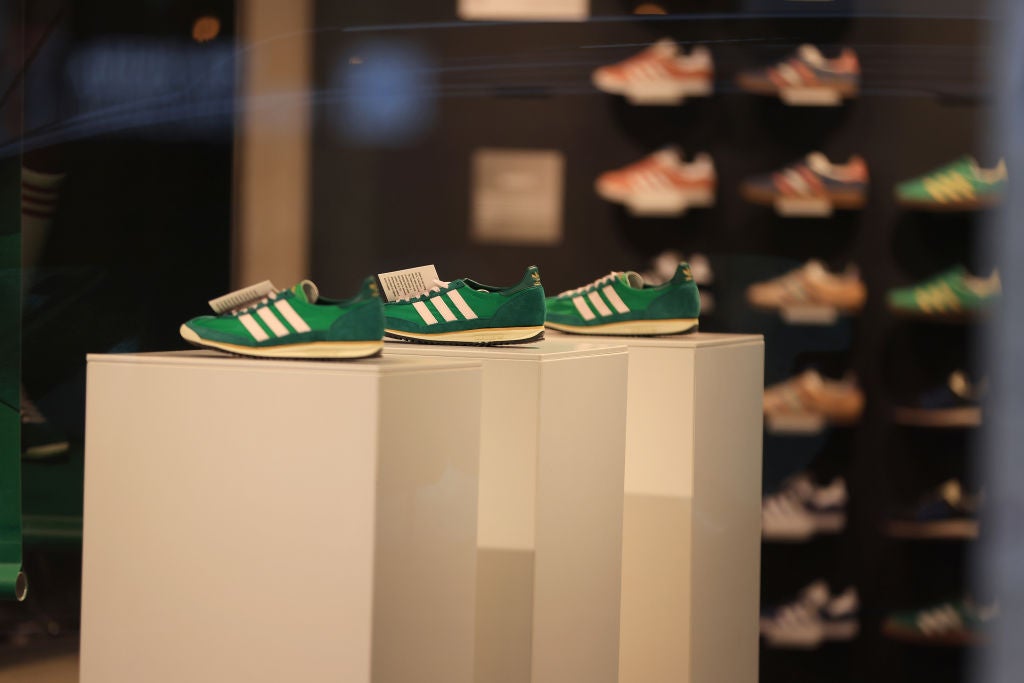
A social media storm unfolded when an Instagram video was uploaded on 4 April in which Sunak sported a pair of the globally-adored Adidas Sambas during a Downing Street interview to promote his tax policies. The Evening Standard described the sneakers as “rats” and said in London you’re never more than six feet away from a pair of Sambas.
Soon after, Sir Keir Starmer was pictured wearing a pair of Adidas Gazelle trainers.
Sunak has faced plenty of backlash in recent months for his controversial immigration policies, but little did he know he would also be blamed for allegedly “ruining” an “eternally cool sneaker” as suggested by GQ while other media outlets rushed to offer readers lists of alternative trainers since Sunak “torched” the Samba’s credibility.
GlobalData retail analyst Neil Saunders explains the reaction likely stems from the fact that Sunak and Starmer are not seen as the target audience for Adidas and consumers are struggling with the idea that brands they love are also loved by people they aren't necessarily fans of.
“Politicians are generally not seen as cool or fashionable, so it jars when they don modern brands," he adds.
Sunak offered a “fulsome apology” to the brand's fans and online critics as he defended his choice adding he had been wearing the German brand for “many years” and swore he was a “longtime devotee,” according to The Guardian.
Appetite for Adidas brand remains ‘strong'
Despite the perceived fallout, social media channels show Sunak and Starmer might have done Adidas a favour with sales of the shoes helping to drive a profit surge in the German company’s first quarter (Q1) results. It also moved to up its full-year guidance.
The sportswear giant expects the sale of the remaining Yeezy inventory during the remainder of the year to occur on average at cost which it believes would result in additional sales of around €200m and no further profit contribution during the remainder of the year.
Can Adidas be blamed?
GlobalData apparel analyst Louise Deglise-Favre argues "Adidas did not purposefully choose to be associated with politicians nor did it seek a partnership with these figures...Brands ultimately have no control over who organically decides to wear their items."
She notes holding Adidas responsible for the backlash is "farfetched" since it couldn't have prevented the politicians from wearing the sneakers.
Moreover, she believes the backlash is unlikely to transcend beyond internet buzz and meme creation and doubts consumers would get rid of their Sambas simply because a few “polarising” political figures wore the model.
But in her opinion, Adidas should not address the negative reaction since acknowledging it might result in consumers perceiving the brand as “choosing a political side, which would be far more damaging than the current controversy.”
Saunders agrees, and calls the online reactions “childish” and since this is not an endorsement or deal but simply “people wearing footwear they happen to like” he believes Adidas should not enter the discussion at all.
“There is nothing to be gained by taking one side or another. And a humorous response could backfire,” he continues.
Saunders says if Adidas were to respond it would be as if saying these products aren’t made for “that type of person” and that would be as controversial as it would be outrageous, alienating a lot of middle-aged men who buy the brand.
Adidas did not respond to Just Style’s request for comment at the time of going to press.
Striking the balance in brand partnerships
It's not the first time Adidas has been caught in the crossfire of a celebrity fashion faux pas. The Kanye West/Yeezy partnership saga is not yet a distant memory with Saunders warning Adidas took a risk through that partnership "and it backfired".
Thorough vetting is key, he says. Ultimately, while brands can't control who wears their products organically, they can be more informed about official endorsements and partnerships.
"Brands need to decide what fits with their ethos and act accordingly. Most will shy away from controversy as they have broad customer bases and must keep everyone satisfied," he adds.
Kanye West and the limits of brand partnerships
Commenting on how Adidas should've handled the Yeezy fiasco, Saunders says: "Putting distance between the company and Kanye is important. Disowning the controversial statements he made is another critical step."
At the time the German sportswear brand was keen to show its consumers that West’s comments and actions were unacceptable, hateful and dangerous and violated the company’s values of diversity and inclusion, mutual respect and fairness.
The brand eventually cut ties with West, though not before deciding to sell the remaining Yeezy inventory and donate the proceeds to charity.
Although Adidas knew the end of the partnership would affect its revenue and profit it appeared more severe than originally anticipated as it contributed to a €500m decline in sales during 2023, and last year Adidas made its first annual loss in more than 30 years, according to Reuters.
For brands like Adidas, the allure of such partnerships is expanding their appeal and reaching new customers through star power.
"Partnerships have the power to expand the appeal of the brand and to bring in new customers," notes Saunders. However, he continues as the West saga proved "controversial partnerships have the power to damage a brand and alienate customers."
For Adidas, the West partnership was a sobering lesson in the unpredictability of celebrity ties and the need to carefully weigh the rewards against the very real risks of consumer backlash.
Latest news
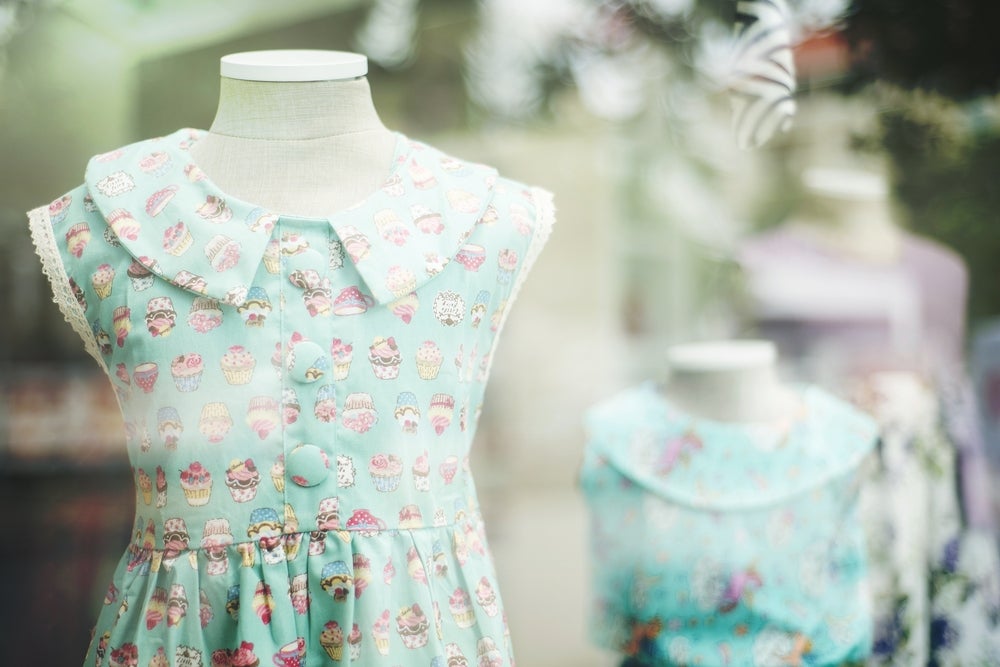
In data: Inflation hinders global childrenswear growth
Consumers are scaling back on clothing purchases for children and are opting for more affordable alternatives due to lingering high inflation, according to GlobalData’s recent report on the global childrenswear market.
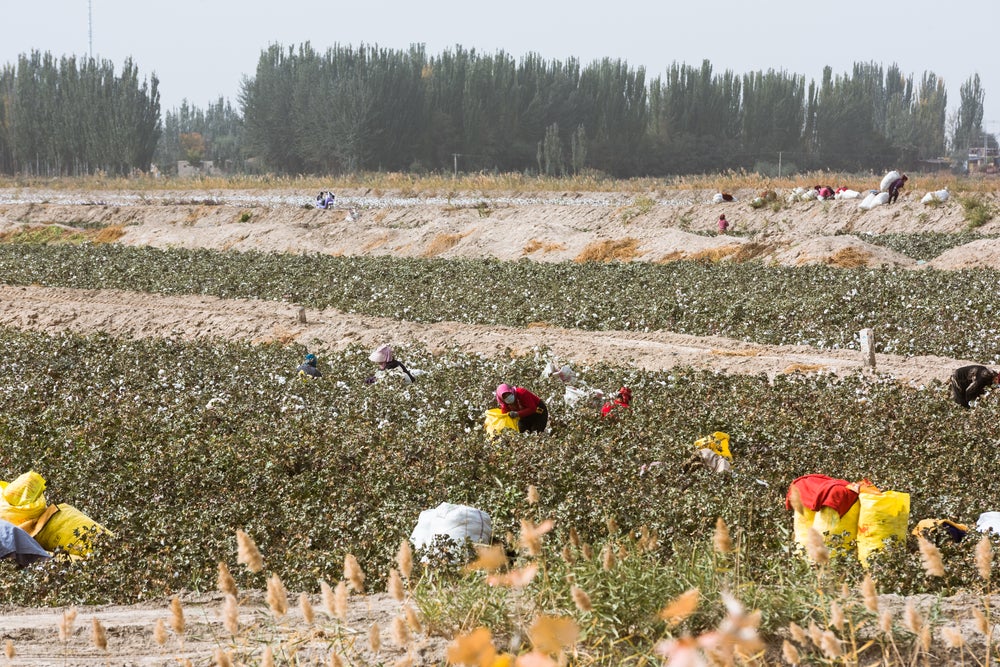
Xinjiang cotton ‘widespread' despite US UFLPA legislation
CertainT Isotope testing has found 19% of US cotton samples showed evidence of a Xinjiang origin between February 2023 and March 2024 despite the enforcement of the Uyghur Forced Labor Prevention Act (UFLPA).
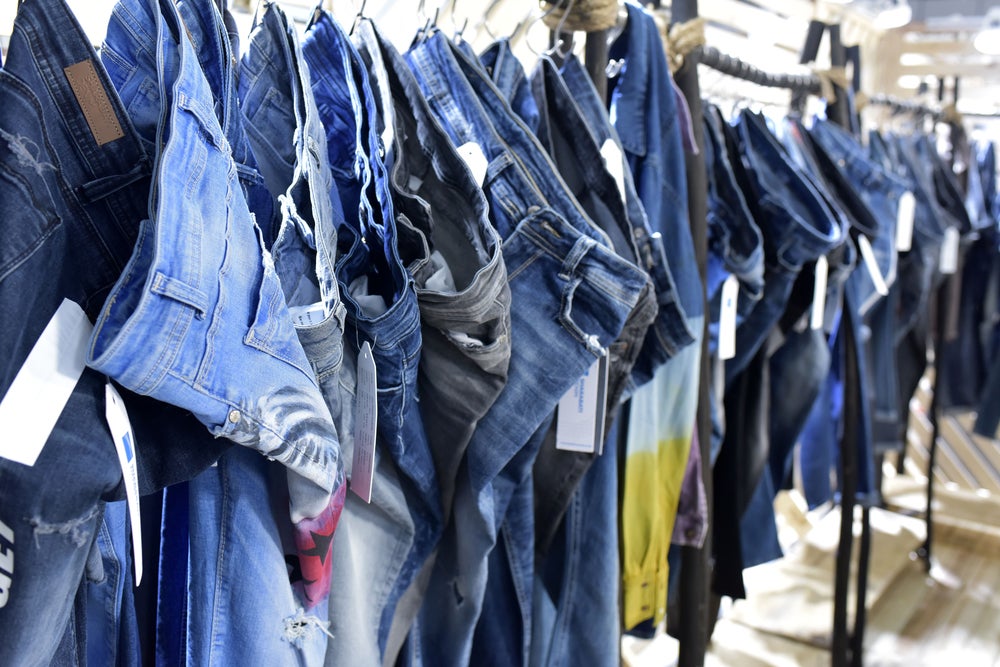
Minister calls on brands to choose Bangladesh at Denim Expo
Bangladesh's minister for textiles and jute calls on fashion buyers to "choose Bangladesh and pay a fair price" at Denim Expo.
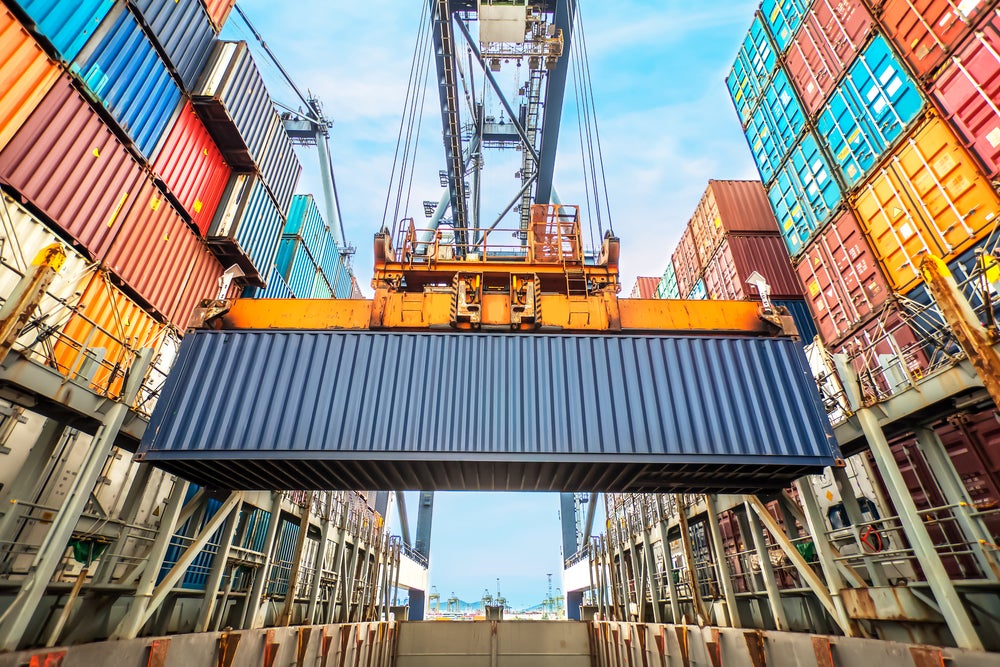
US import volumes set to rise as supply chain overcomes disruption
The National Retail Federation (NRF) said recent import levels show that supply chains have ‘adjusted’ to disruption and consumers are set to continue spending during the back-to-school and holiday seasons.
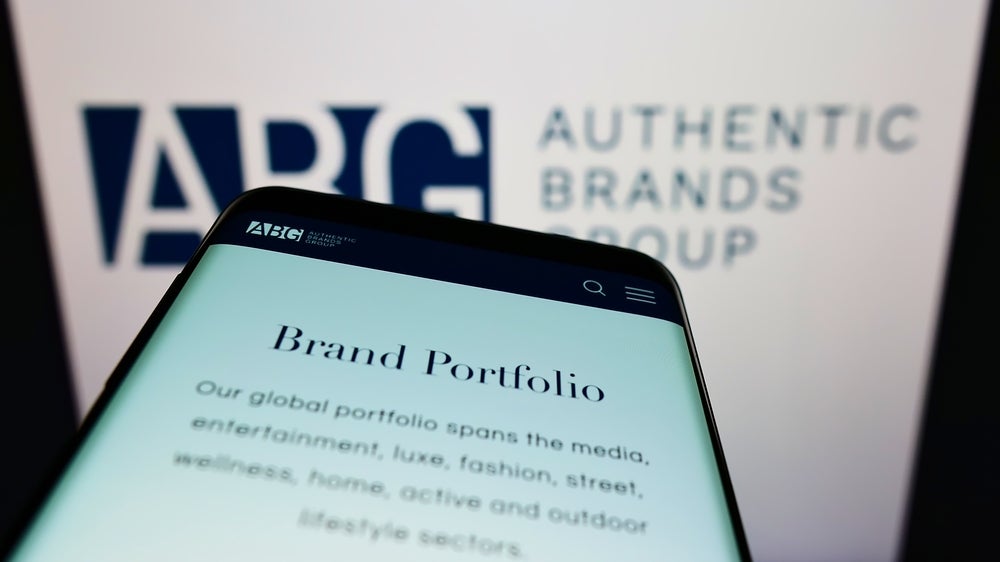
Simon Property Group sells ‘successful' Authentic stake at right time
Real estate firm Simon Property Group has sold its stake in US brand firm Authentic Brands Group for a good price with an analyst describing it as a fantastic return on their investment.
In our previous edition

Apparel Decoded
Explainer: Lululemon probe thrusts ‘misleading' green claims into spotlight
08 May 2024

Apparel Decoded
Explainer: Is France's proposed fast fashion tax a tariff by another name?
07 May 2024

Apparel Decoded
Shein declared ‘most successful start-up' of the decade
06 May 2024
Newsletters in other sectors
Aerospace, Defence & Security
Medical Devices
Travel and Tourism
Search companies, themes, reports, as well as actionable data & insights spanning 22 global industries
Access more premium companies when you subscribe to Explorer


